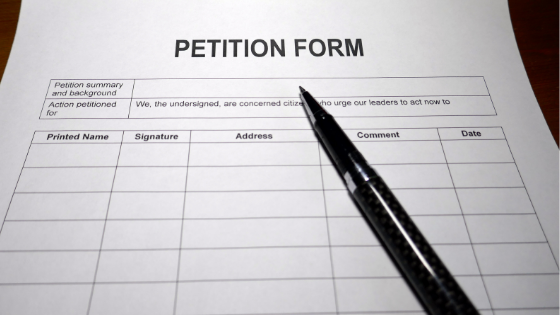The National Consumer Law Center has submitted a petition to the Consumer Financial Protection Bureau requesting that original creditors be responsible for furnishing information related to debt collection activity undertaken by third-party debt collectors or debt buyers, and that collectors should be required to review documents like the original application or agreement and charge-off billing statements prior to being allowed to furnish information to the credit reporting agencies.
A copy of the submission can be accessed by clicking here.
The NCLC also sought to require the credit reporting agencies to offer translated, free annual file disclosures to consumers with limited English proficiency and creating an ombudsman who can assist consumers with disputes with the credit bureaus.
Calling debt collection and credit reporting a “toxic mixture,” the NCLC argues that having the original creditor handle any and all credit reporting will prevent duplicate tradelines, prevent re-aging debts, ensure that collection information is reported in the file of the correct consumer, and ensure the original creditor participates in the event a consumer files a dispute.
“Given the level of errors, problems, and abuses by debt collectors in furnishing and resolving disputes, requiring an original creditor tradeline is a reasonable quality control mechanism,” the petition argues. “Alternatively, if the CFPB continues to permit the furnishing of debt collection information without a pre-existing tradeline by the original creditor, the Bureau should require that the furnisher of debt collection activity (whether a debt collector, debt buyer, servicer or other) provide a complete account history in the tradeline, including positive payments.”
That reporting should include substantiating the debt, according to the NCLC. The advocacy argues that many of the issues consumers have with debt collection tradelines stem from the collector not having the proper information to ensure that accurate information is being furnished. To ensure the proper balance owed is being reporting, collectors should have to review a charge-off statement or some other statement, a post-default itemization of the debt, or copies of settlements or repayment agreements. To prove a consumer is responsible for a debt, the collector should have access to copies of the application or contract. To prove the collector has the right to charge interest and fees after default, it should have a copy of the terms and conditions in effect during the agreement. To be able to respond to a dispute, collectors should be able to review the consumer’s last 12 statements with account activity. And, to prove the collector has a right to collect on the debt, it should have documentation of the agreement between itself and the original creditor or subsequent purchaser of the debt, and documentation of the chain of title.









